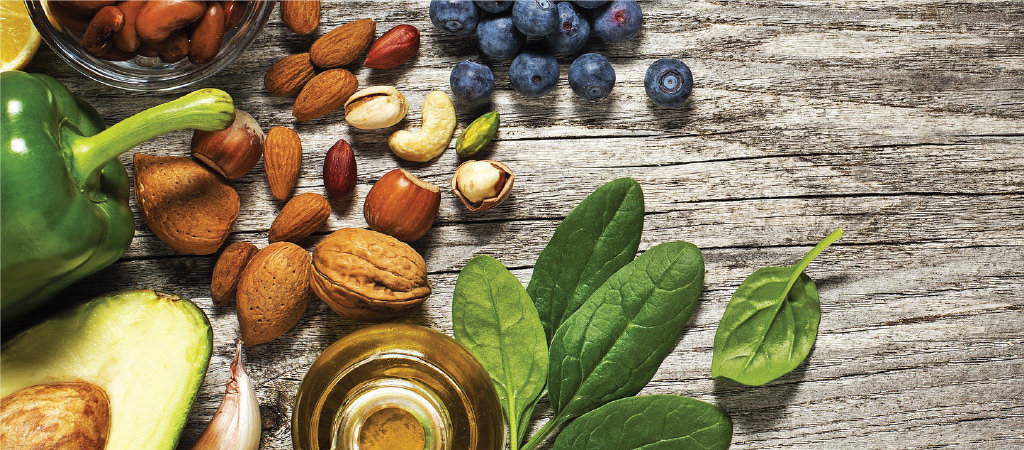
Notice this quote from a book called Counsels on Diet and Foods. “In order to have good health, we must have good blood; for the blood is the current of life. It repairs waste and nourishes the body. When supplied with the proper food elements and when cleansed and vitalized by contact with pure air, it carries life and vigor to every part of the system. The more perfect the circulation, the better will this work be accomplished.” Don’t forget, our brains rely on the nourishment supplied by what we eat. So, let’s examine some dietary habits that will improve the availability of those nutrients our brains require. Eat as many whole-plant foods as you can in a rainbow of colors. Whole-plant foods with minimal refinement contain abundant vitamins, minerals, antioxidants, and phytochemicals. These elements of nutrition nourish our bodies and help them to fight off diseases like cancer.
Many people are afraid of eating carbohydrates because they fear these “starchy” foods are unhealthy and will make them gain weight. In reality, it is fats and proteins that stimulate one to become overweight. High-carbohydrate foods will not make you overweight unless you also eat high-fat and high protein sauces, gravies, and other companion foods. Eating a high-carbohydrate diet from natural sources does not typically make one overweight. On the other hand, a high-protein diet is hard on our bodies. A high-protein diet taxes the liver and triggers a loss of calcium from our bones. It also leaves toxic residues which must be eliminated. Before our bodies can eliminate these toxic residues, however, they are often damaged so that they become more susceptible to a variety of diseases, including cancer and arthritis.
Eat blueberries which contain anthocyanins, a group of plant compounds with anti-inflammatory and antioxidant effects. Antioxidants combat both inflammation and oxidative stress, conditions that may contribute to brain aging and neurodegenerative diseases like Alzheimer’s. Some of the antioxidants found in blueberries may even accumulate in the brain and help improve communication between brain cells.
Turmeric (with its active ingredient curcumin) acts as a powerful antioxidant and anti-inflammatory compound. It helps to improve memory, boost serotonin and dopamine levels which assist in fighting depression, and boost brain-derived neurotrophic factor (a type of growth hormone that stimulates brain cells to grow.)
Walnuts are a great source of omega-3 fatty acids. This alpha-linolenic acid (ALA) is an essential part of a healthy diet for the brain. A single serving of walnuts (about 14 halves) contains your daily requirement for ALA.
Broccoli is a cruciferous vegetable that contains phytochemicals and antioxidants. It’s also very high in vitamin K, which is a fat-soluble vitamin that is essential for forming sphingolipids, a type of fat that is concentrated in brain cells.
Pumpkin seeds contain powerful antioxidants that protect the brain and body from damage by free radicals. They also contain magnesium, which is important for memory and learning, zinc which is an important element for nerve signaling, and copper to help control nerve signaling. Iron is present as well and seems to improve brain function and counteract brain fog. So, remember, if you choose to incorporate a variety of whole-plant foods in your diet, they will literally go to your head!


